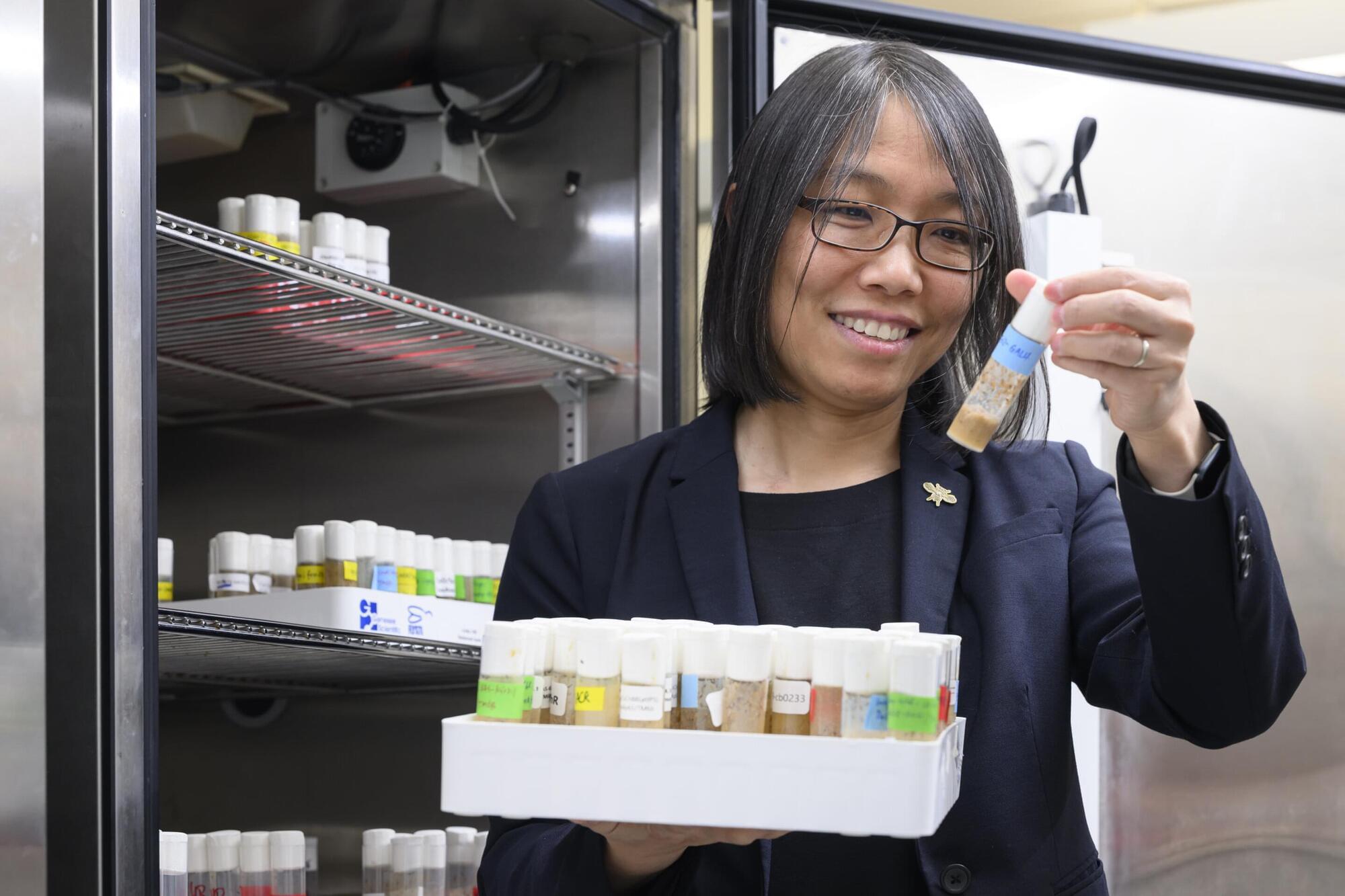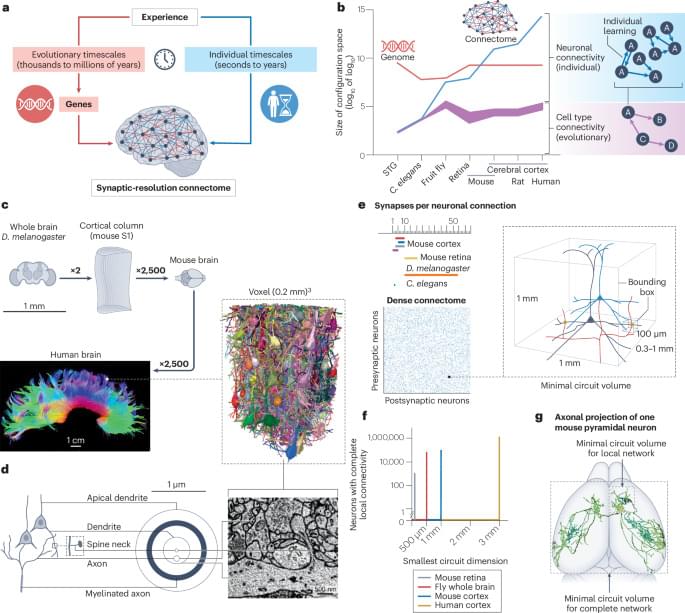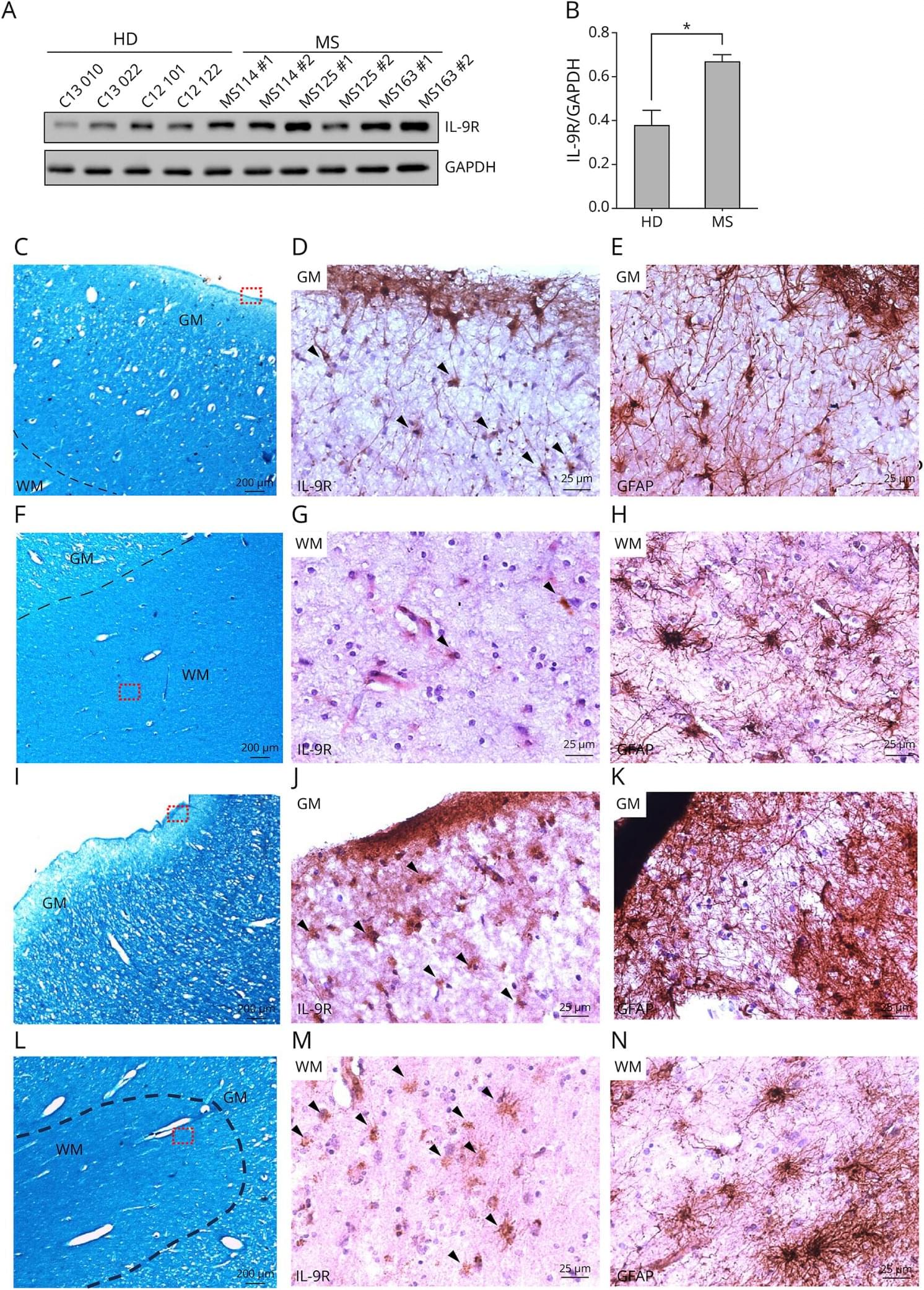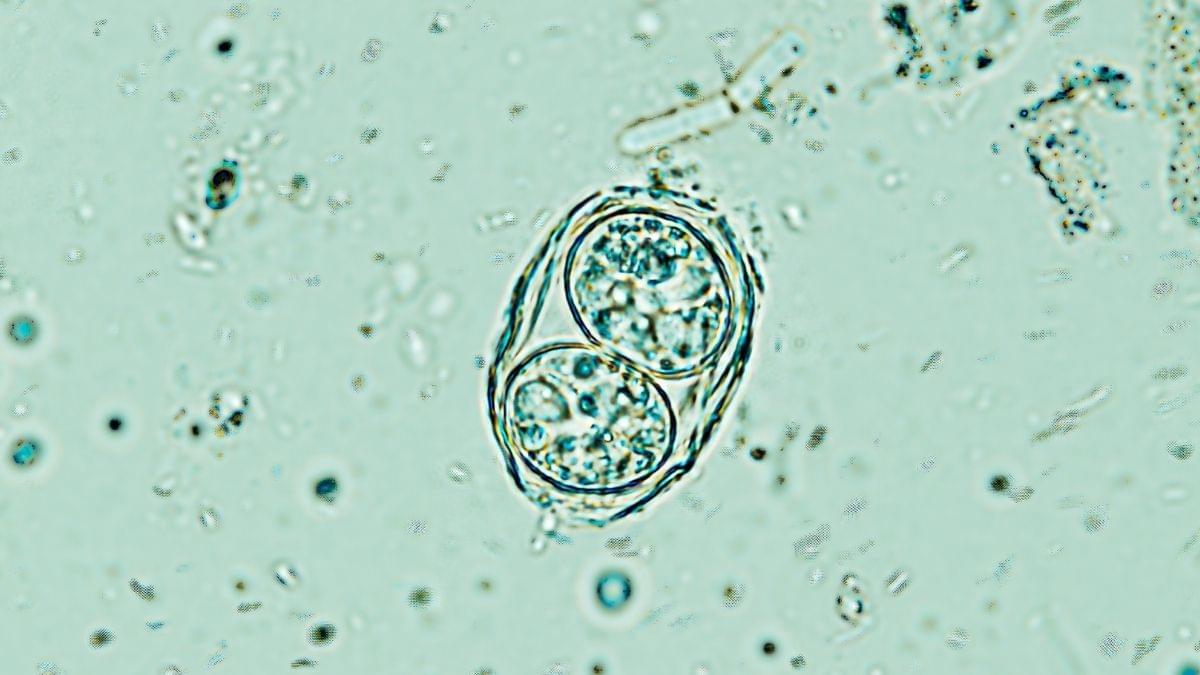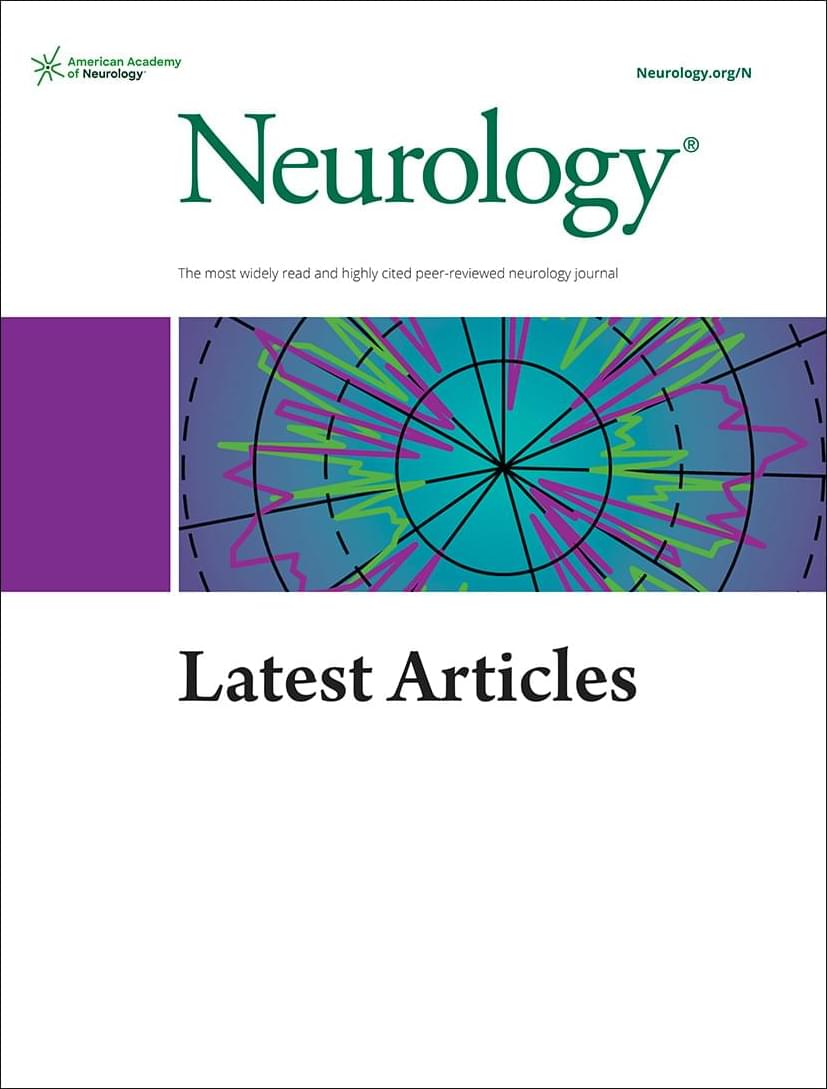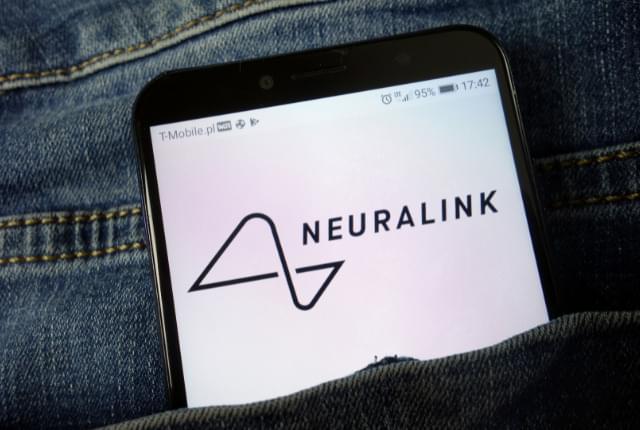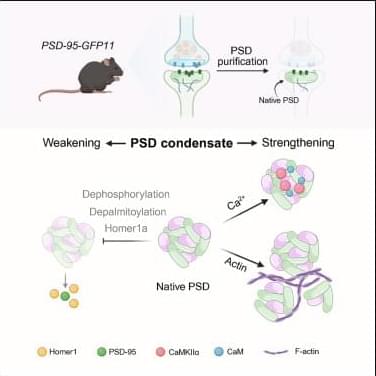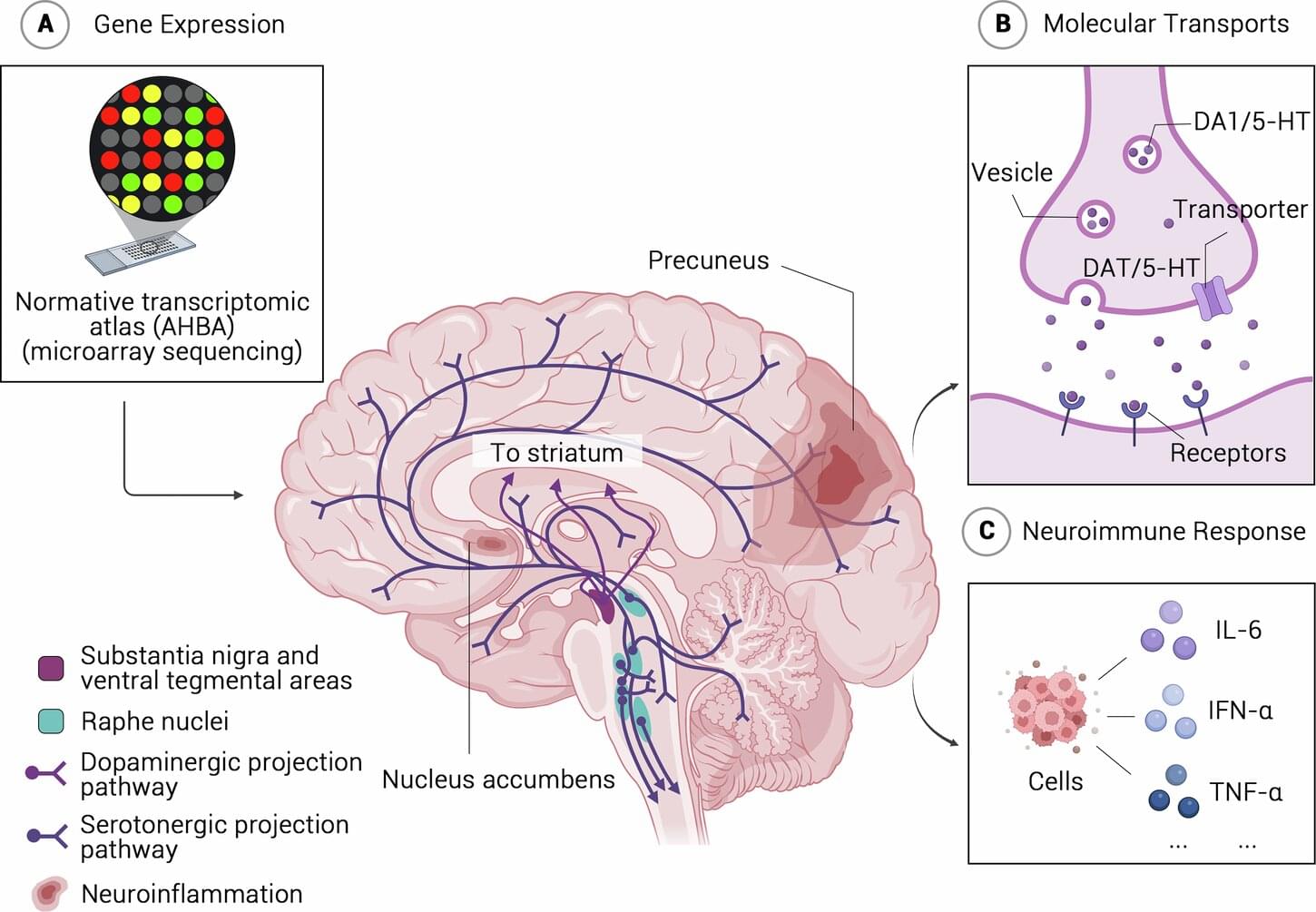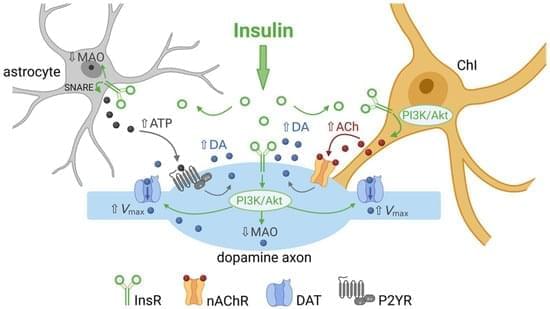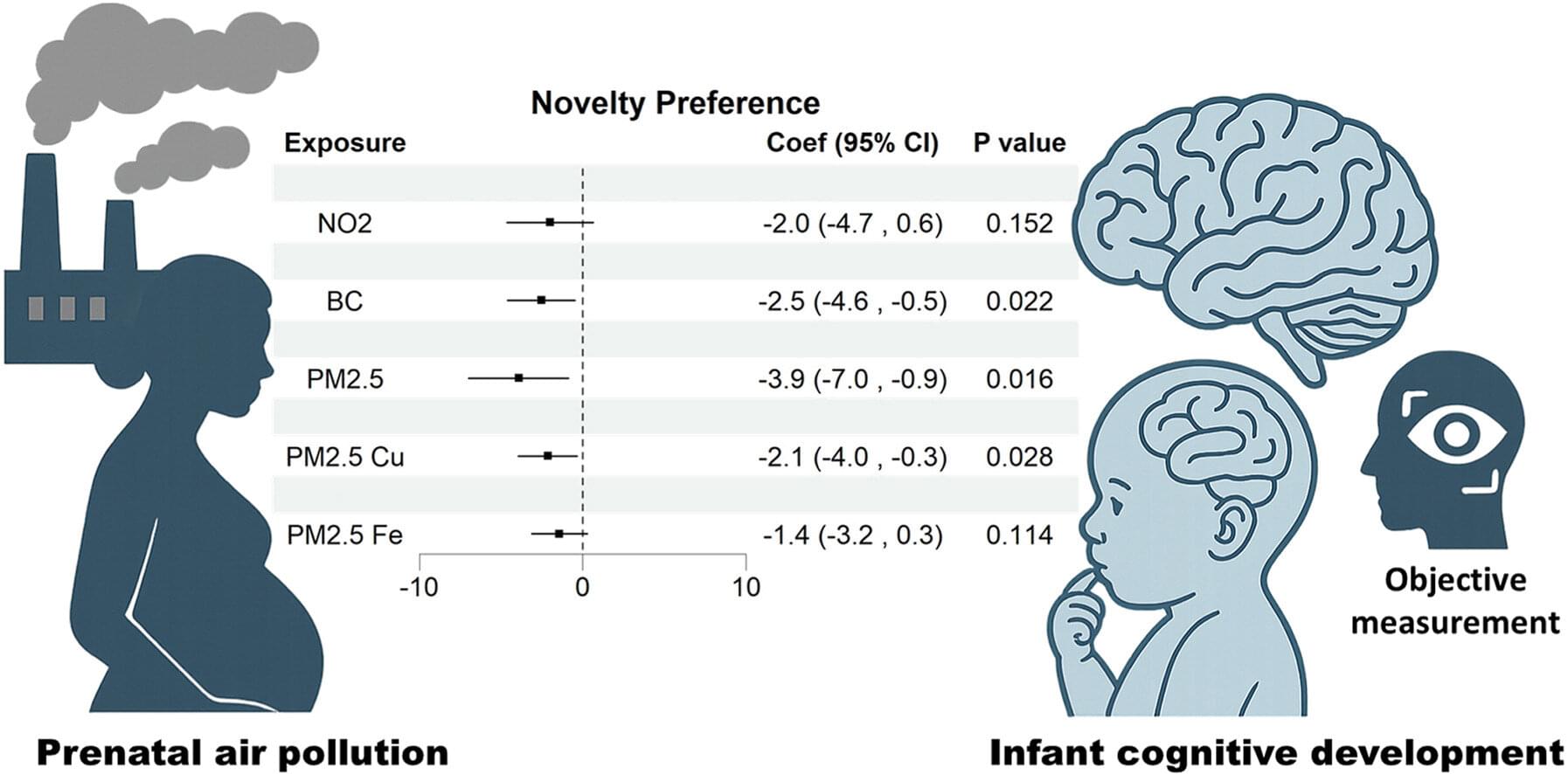Why do we sometimes keep eating even when we’re full and other times turn down food completely? Why do we crave salty things at certain times, and sweets at other times? The answers, according to new neuroscience research at the University of Delaware, may lie in a tiny brain in an organism you might not expect.
Lisha Shao, assistant professor in the Department of Biological Sciences in the College of Arts and Sciences, has uncovered a neural network in the brains of fruit flies that represents a very early step in how the brain decides—minute by minute—whether a specific food is worth eating. The work was published in the journal Current Biology.
“Our goal is to understand how the brain assigns value—why sometimes eating something is rewarding and other times it’s not,” Shao said.
